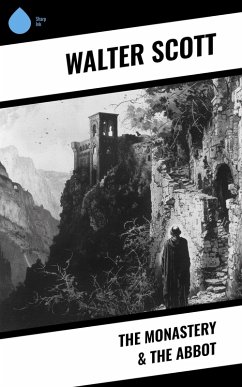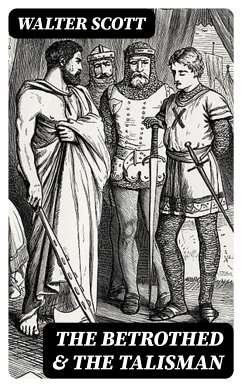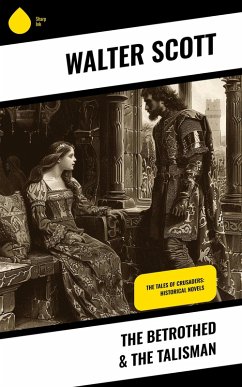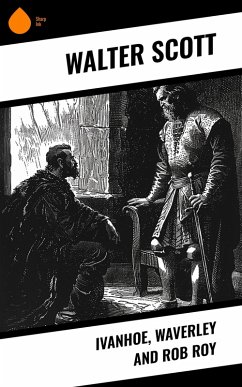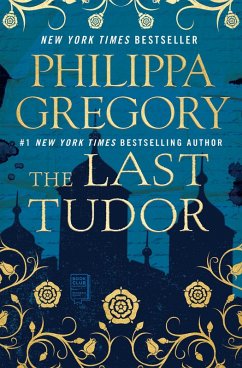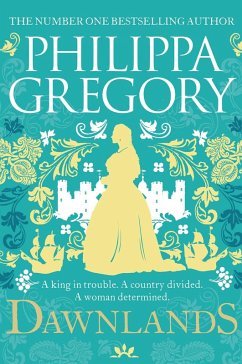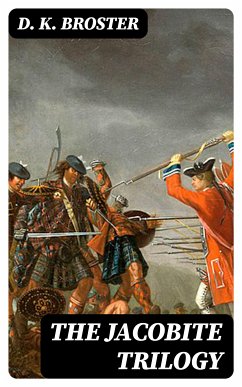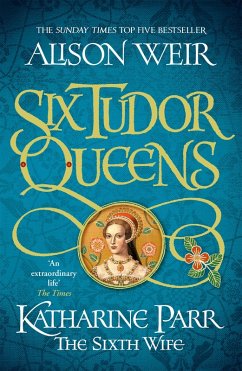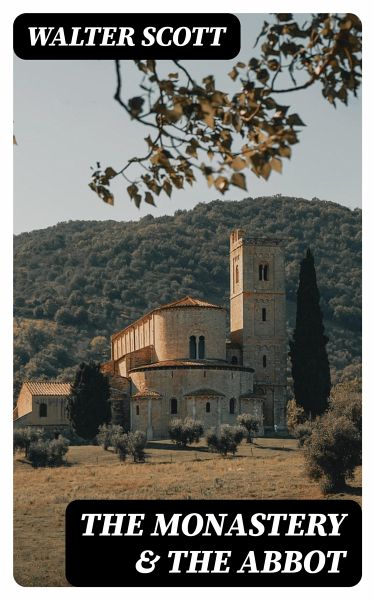
The Monastery & The Abbot (eBook, ePUB)
Versandkostenfrei!
Sofort per Download lieferbar
1,99 €
inkl. MwSt.
Weitere Ausgaben:

PAYBACK Punkte
0 °P sammeln!
In "The Monastery" and its companion novel "The Abbot," Walter Scott delves into the turbulent era of the Scottish Reformation, weaving a rich tapestry of romance, intrigue, and historical authenticity. Scott employs a masterful narrative style characterized by vivid descriptions and nuanced character development, seamlessly blending fact with fiction. The novels are set against the backdrop of religious strife in 16th century Scotland, exploring themes of loyalty, faith, and moral dilemmas as the protagonists navigate the treacherous waters of political and religious contention. Scott's story...
In "The Monastery" and its companion novel "The Abbot," Walter Scott delves into the turbulent era of the Scottish Reformation, weaving a rich tapestry of romance, intrigue, and historical authenticity. Scott employs a masterful narrative style characterized by vivid descriptions and nuanced character development, seamlessly blending fact with fiction. The novels are set against the backdrop of religious strife in 16th century Scotland, exploring themes of loyalty, faith, and moral dilemmas as the protagonists navigate the treacherous waters of political and religious contention. Scott's storytelling brilliance culminates in a dual portrayal of the conflict within the Scottish Church and society, heightened by his signature romantic idealism. Walter Scott, a pivotal figure in Scottish literature and the founder of the historical novel genre, drew from his deep appreciation for Scottish history and folklore. His interest in the rich traditions and cultural complexities of Scotland informed the narrative choices and historical settings in "The Monastery" and "The Abbot," allowing him to capture the essence of his homeland's challenges during a transformative period. For readers seeking a profound exploration of Scotland's past intertwined with richly drawn characters, this pair of novels is indispensable. Scott's works invite you to immerse yourself in the tumultuous history of the Reformation through a lens of drama and passion, making them compelling reads for both history enthusiasts and lovers of literature.
Dieser Download kann aus rechtlichen Gründen nur mit Rechnungsadresse in A, B, BG, CY, CZ, D, DK, EW, E, FIN, F, GR, H, IRL, I, LT, L, LR, M, NL, PL, P, R, S, SLO, SK ausgeliefert werden.




